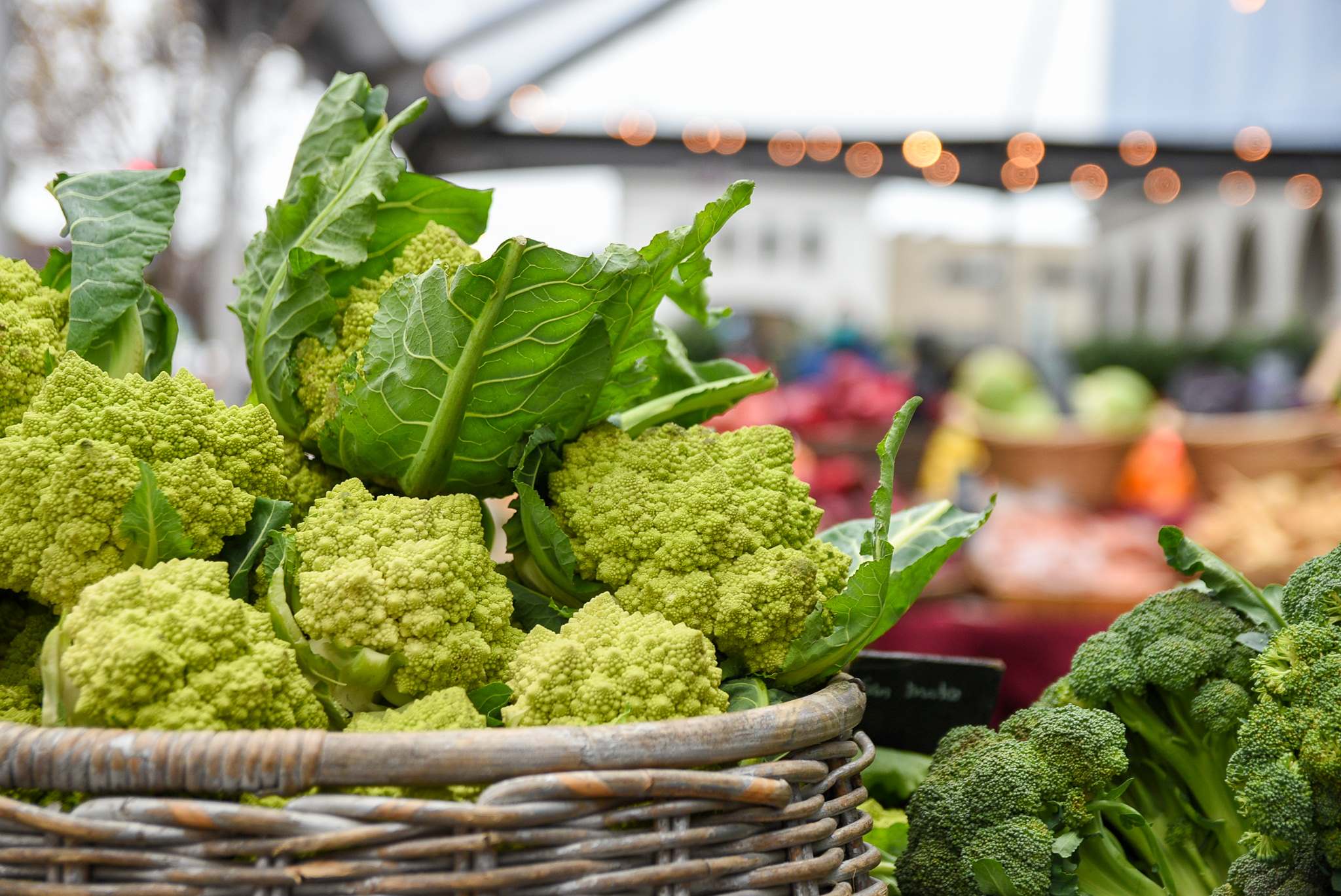
Broccoli is more than just a green vegetable on your plate. Did you know it belongs to the cabbage family? This cruciferous veggie packs a punch with its rich nutrients and health benefits. Broccoli is loaded with vitamins C and K, fiber, and antioxidants. It's a favorite among health enthusiasts and chefs alike. Whether you steam it, roast it, or eat it raw, broccoli offers a versatile addition to any meal. But there's more to this veggie than meets the eye. From its origins in Italy to its role in cancer prevention, broccoli has a fascinating story. Ready to learn some cool facts? Let's dig in!
Key Takeaways:
- Broccoli, a versatile and nutritious vegetable, has a rich history dating back over 2,000 years. It's packed with vitamins, fiber, and antioxidants, making it an excellent choice for a healthy diet.
- With its various varieties and easy cultivation, broccoli offers a fun and rewarding experience for gardeners. From the classic Calabrese to the unique Romanesco, there's a broccoli type for everyone to enjoy.
The History of Broccoli
Broccoli has a fascinating history that spans centuries. Let's dive into some intriguing facts about its origins and development.
- Broccoli originated in Italy over 2,000 years ago. Ancient Romans were among the first to cultivate it.
- The name "broccoli" comes from the Italian word "broccolo," meaning "the flowering crest of a cabbage."
- Thomas Jefferson, the third President of the United States, was one of the first Americans to grow broccoli in his garden.
- Broccoli was introduced to the United States by Italian immigrants in the early 20th century.
- California produces 90% of the broccoli grown in the United States today.
Nutritional Benefits of Broccoli
Broccoli is not only tasty but also packed with nutrients. Here are some facts about its health benefits.
- Broccoli is rich in vitamins C and K. One cup provides over 100% of the daily recommended intake of vitamin C.
- It contains high levels of fiber, which aids in digestion and helps maintain a healthy gut.
- Broccoli is a good source of folate, essential for cell growth and metabolism.
- It has powerful antioxidants like sulforaphane, which may help reduce the risk of certain cancers.
- Broccoli is low in calories, making it an excellent choice for weight management.
Varieties of Broccoli
Broccoli comes in several varieties, each with unique characteristics. Let's explore some of them.
- Calabrese broccoli is the most common variety found in grocery stores. It has large green heads and thick stalks.
- Sprouting broccoli has smaller heads and thinner stalks. It is often purple or white.
- Romanesco broccoli, also known as Roman cauliflower, has a distinct fractal pattern and a milder taste.
- Broccolini is a hybrid of broccoli and Chinese kale. It has long, slender stalks and small florets.
- Purple broccoli turns green when cooked and has a slightly sweeter flavor.
Growing Broccoli
Growing broccoli can be a rewarding experience for gardeners. Here are some facts about cultivating this vegetable.
- Broccoli prefers cool weather and grows best in temperatures between 65-75°F (18-24°C).
- It requires well-drained soil rich in organic matter for optimal growth.
- Broccoli plants need full sun, at least 6 hours of direct sunlight daily.
- It takes about 60-100 days from planting to harvest, depending on the variety.
- Regular watering is essential, but overwatering can lead to root rot.
Fun Facts About Broccoli
Broccoli has some fun and quirky facts that might surprise you. Let's take a look.
- Broccoli is part of the Brassica family, which includes cabbage, kale, and Brussels sprouts.
- The world's largest broccoli weighed over 35 pounds and was grown in Alaska.
- Broccoli was once considered an exotic vegetable in the United States until the 1920s.
- It is often referred to as a "superfood" due to its high nutrient content.
- Broccoli can be eaten raw or cooked, and it pairs well with a variety of dishes.
Broccoli: More Than Just a Veggie
Broccoli isn't just another green on your plate. Packed with vitamins, minerals, and fiber, it’s a powerhouse of nutrition. This cruciferous vegetable can boost your immune system, improve digestion, and even help fight inflammation. Plus, it’s versatile in the kitchen—whether you steam it, roast it, or toss it in a salad, broccoli adds a healthy crunch to any meal.
Beyond its health benefits, broccoli has a rich history. From ancient Rome to modern-day superfood status, it’s been a staple in diets worldwide. Knowing these facts can make you appreciate this humble veggie even more.
Next time you’re at the grocery store, don’t overlook broccoli. It’s not just good for you; it’s fascinating too. So, go ahead, add some broccoli to your cart and enjoy all the benefits it brings.
Frequently Asked Questions
Was this page helpful?
Our commitment to delivering trustworthy and engaging content is at the heart of what we do. Each fact on our site is contributed by real users like you, bringing a wealth of diverse insights and information. To ensure the highest standards of accuracy and reliability, our dedicated editors meticulously review each submission. This process guarantees that the facts we share are not only fascinating but also credible. Trust in our commitment to quality and authenticity as you explore and learn with us.
